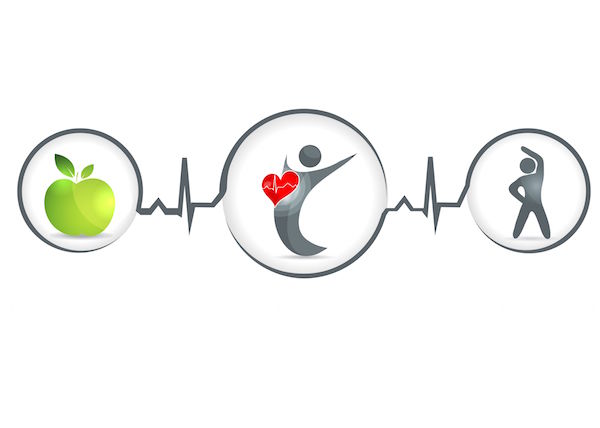
WEDNESDAY, March 3 (HealthDay News) — The newer hemoglobin A1C test predicts diabetes as well as the traditional fasting blood sugar test, but it beats that old standard in predicting a patient’s future risk of heart disease and stroke, new research shows.
After adjusting for common cardiovascular disease risk factors, the study found that while A1C levels high enough to diagnose diabetes were associated with nearly twice the risk of coronary heart disease, no such association was found with fasting glucose readings high enough to trigger a diabetes diagnosis.
The A1C test is also known as a glycated hemoglobin test, and using a small blood sample, it measures your average blood sugar levels for the past two to three months.
“Our data show that glycated hemoglobin is a really potent risk factor for diabetes and cardiovascular disease. If you have abnormal glycated hemoglobin results, you should be targeted for diabetes and cardiovascular disease interventions,” said the study’s lead author, Elizabeth Selvin, an assistant professor of epidemiology and medicine in the department of epidemiology at the Johns Hopkins Bloomberg School of Public Health in Baltimore.
In January, the American Diabetes Association (ADA) recommended that doctors could begin using the A1C test for diagnosis of diabetes. Previously, the test wasn’t recommended because it hadn’t been standardized from lab to lab. The ADA set the level for diagnosis of diabetes at 6.5 percent or higher, and the diagnosis of pre-diabetes for levels of 5.7 to 6.4 percent.
The A1C percentage is the amount of a person’s hemoglobin that is glycated or glycosylated.
For the current study, Selvin and her colleagues measured A1C from more than 11,000 stored blood samples from the Atherosclerosis Risk in Communities Study, which began in 1990. None of the study volunteers had diabetes or cardiovascular disease at the time the blood samples were taken.
The researchers then compared the A1C levels to fasting blood sugar levels and to the 15 years of overall health follow-up information gathered for the previous study.
During that time, 2,251 people were diagnosed with diabetes, nearly 1,200 were diagnosed with heart disease and 358 people had an ischemic (non-bleeding) stroke, according to the study.
As expected, the researchers found that elevated A1C levels were associated with an increased risk of being diagnosed with diabetes. Those with an A1C of less than 5 percent had a 48 percent reduced risk of diabetes, while people whose A1Cs were between 5 and 5.5 percent had a normal risk of diabetes. From there, however, the risk quickly went up. Those with an A1C of 5.5 to 6 percent had an 86 percent increased risk of diabetes. For those between 6 and 6.5 percent, the risk more than quadrupled. For people with levels above 6.5 percent, the odds of being diagnosed were more than 16 times higher than for someone with levels under 5.5 percent. These results were similar to those for fasting glucose levels, the study authors noted.
Where fasting glucose and A1C differed greatly, however, was in the prediction of future heart disease and stroke risk. While fasting glucose failed to predict future risk, the study found that A1C levels accurately did so.
People with A1Cs under 5.5 percent had an average risk of heart disease and stroke, but for people with an A1C between 5.5 and 6 percent, the risk went up 23 percent. For those with an A1C between 6 and 6.5 percent, the risk of cardiovascular disease jumped to 78 percent. When A1C went over 6.5 percent, the risk of cardiovascular disease went up nearly twofold.
Results of the study are published in the March 4 issue of the New England Journal of Medicine.
“This is a test that’s been around for a long time, and the old dictum was that it couldn’t be used to predict cardiovascular disease,” said Dr. Rafael Gonzalez, director of cardiology at Scott & White Healthcare in Round Rock, Texas. “But this study shows it may be a great marker — the higher the A1C, the greater the risk. This tells us we may need to be more aggressive with prevention in people with higher levels, maybe push for lower LDL (bad) cholesterol, emphasize lifestyle factors,” he explained.
“Diabetes is like high blood pressure — the consequences don’t come right away. And, sometimes that makes people think, ‘Why do I need to be on this medicine?’ So, this is further evidence, and may be a good way to get people’s attention,” Gonzalez added.
More information
Learn more about the A1C test from the U.S. National Library of Medicine.

